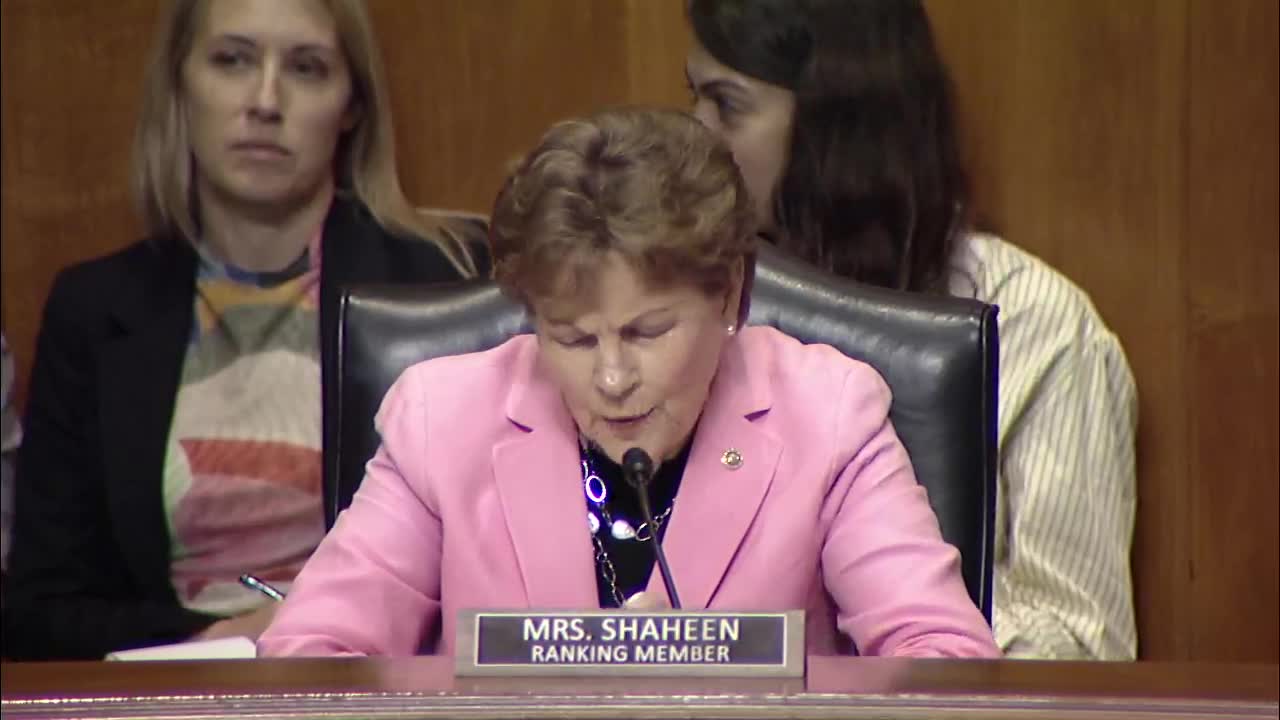US Negotiates with India Over Tariffs on Russian Oil Purchases
September 11, 2025 | Foreign Relations: Senate Committee, Standing Committees - House & Senate, Congressional Hearings Compilation
This article was created by AI summarizing key points discussed. AI makes mistakes, so for full details and context, please refer to the video of the full meeting. Please report any errors so we can fix them. Report an error »

In a recent meeting of the U.S. Senate Committee on Foreign Relations, discussions centered on the complex relationship between the United States, India, and Russia, particularly regarding oil tariffs. The committee addressed India's purchasing of Russian oil, which has implications for the ongoing conflict in Ukraine.
A key point raised was the disparity in tariff treatment between India and China, the latter being the largest buyer of Russian oil. The administration is currently negotiating with Indian officials, with a meeting scheduled next week involving the U.S. President and Indian trade ministers. The hope is to reach a favorable agreement that aligns with U.S. interests while acknowledging India's unique position as a partner.
The committee emphasized that the U.S. holds its allies, like India, to a higher standard compared to other nations. This approach reflects a commitment to fostering strong relationships while addressing global challenges. The discussions also highlighted a proposed bill by Senator Lindsey Graham, which seeks to impose significantly higher tariffs on Russian oil, indicating a unified stance among committee members on the need for stringent measures against nations supporting Russia's military actions.
As these negotiations unfold, the outcomes could have significant implications for U.S.-India relations and the broader geopolitical landscape, particularly in how the U.S. balances its foreign policy objectives with its partnerships. The committee's focus on these issues underscores the importance of international cooperation in addressing global conflicts and economic challenges.
A key point raised was the disparity in tariff treatment between India and China, the latter being the largest buyer of Russian oil. The administration is currently negotiating with Indian officials, with a meeting scheduled next week involving the U.S. President and Indian trade ministers. The hope is to reach a favorable agreement that aligns with U.S. interests while acknowledging India's unique position as a partner.
The committee emphasized that the U.S. holds its allies, like India, to a higher standard compared to other nations. This approach reflects a commitment to fostering strong relationships while addressing global challenges. The discussions also highlighted a proposed bill by Senator Lindsey Graham, which seeks to impose significantly higher tariffs on Russian oil, indicating a unified stance among committee members on the need for stringent measures against nations supporting Russia's military actions.
As these negotiations unfold, the outcomes could have significant implications for U.S.-India relations and the broader geopolitical landscape, particularly in how the U.S. balances its foreign policy objectives with its partnerships. The committee's focus on these issues underscores the importance of international cooperation in addressing global conflicts and economic challenges.
View full meeting
This article is based on a recent meeting—watch the full video and explore the complete transcript for deeper insights into the discussion.
View full meeting